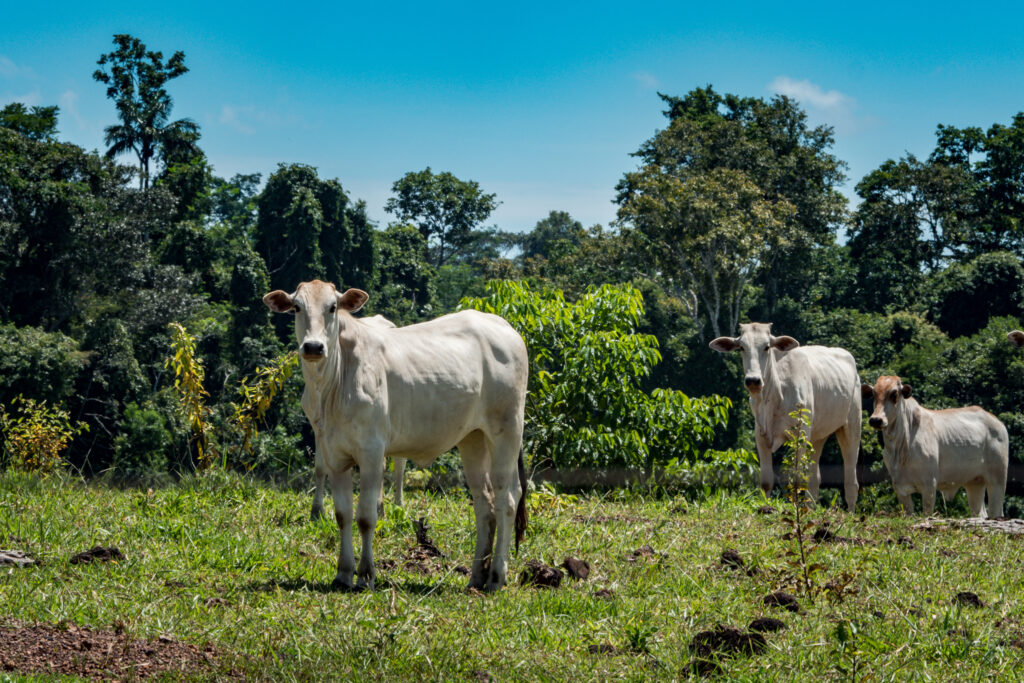
Commodity Markets Free of Deforestation
Consumers around the world are increasingly expecting that their products’ supply chains are completely free of rainforest destruction. Eliminating deforestation from commodity supply chains will require determined and consistent market signals from consumers, supermarkets and commodity traders, combined with public land use policies that enable sufficient growth in production outside of forests.
Production of commodities including beef, soy, palm oil, paper, energy and minerals, is the leading cause of deforestation. More sustainable commodity production is critical for conserving forests and mitigating climate change.
In the New York Declaration on Forest in 2014, companies, governments and civils society committed to work together to halt deforestation. The pledge has delivered important successes such as the Amazon soy moratorium and the significant reduction in deforestation from oil palm in Indonesia. Some companies are putting pressure on suppliers to meet their goals. Overall, however, progress has been too slow.
To strengthen supply chain action, leading companies of the Consumer Goods Forum has established a dedicated “Coalition of Action” with clear short term milestones towards deforestation free production.
 Photo: Unsplash
Photo: Unsplash
Our strategy for working with Commodity Markets Free of Deforestation
- Supporting on-the-ground efforts to facilitate deforestation free landscapes.
- Providing risk capital to demonstrate deforestation-free business models and leverage private investments in these.
- Promoting dialogue between supply chain actors through the Tropical Forest Alliance to solve complex interlinked challenges.
- Supporting civil society strategies to hold companies to account.
